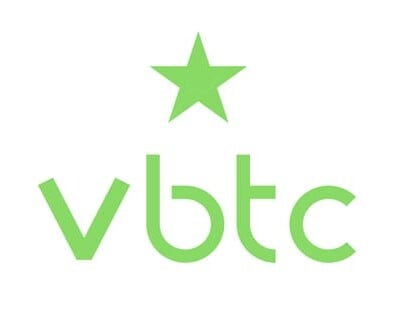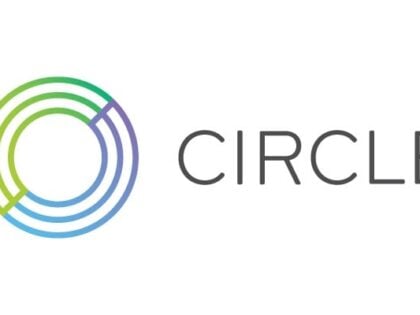
Partnerships between banks and digital currency startups have been the exception, not the rule, but don’t quote the rulebook to Estonian Bank LHV. This bank has courted the digital currency market aggressively, the latest example being its deal with British exchange Coinfloor to process user deposits.
This announcement follows a September deal with Coinbase that expanded that exchange’s reach to 13 more European countries.
Of the Coinfloor deal, LHV Bank‘s head of retail Andres Kitter said:
Services based on blockchain have the potential to change the world. We are very glad to start working with the Coinfloor team and helping them with reliable financial services in exploring this potential.
In addition to the Coinbase and Coinfloor deals, LHV previously announced a project that explores other uses of blockchain technology in banking, along with their legal implications.
LHV head of communications Priit Rum told CoinDesk that the project’s end goal is to use the technology behind digital currencies to streamline and simplify bank services.
Mutual respect
These moves defy stereotypes in which banks view digital currency startups as unreliable representatives of technology’s dark side while startups find banks to be technically unsophisticated.
LHV’s Kitter, for example, speaks highly of Coinfloor’s sense of responsibility: “Coinfloor is a strong partner that takes compliance very seriously and for us as a bank this is very important.”
Similarly, Coinfloor CEO Mark Lamb appreciates his new partner’s digital currency background: “Coinfloor is thrilled to be partnering with LHV.”
Coinfloor knows banks. Its website mentions other banking partners like Polish Bank PKO Bank Polski. The behind multiple alliances in a region is to use multiple alliances to insure continuity of service. However, this agreement makes LHV Coinfloor’s main regional partner in the bank’s service area.
Lamb elaborated:
We will still maintain banking relationships in Poland, although we are moving all processing of client funds to LHV.
Confidence through accountability
Accountability to the public as well as to banks is part of Coinfloor’s strategy to win clients. For one thing, monthly solvency reports serve as a public audit of customers’ balances. On top of that, Coinfloor stores 100% of its Bitcoin in multisig cold-storage and maintains it has never used a server to hold users’ Bitcoin.
As a company representative said:
For fiat deposits, Coinfloor undertakes a number of measures, including proper due diligence (KYC) on each customer. The company goes to great lengths to make sure all client funds are kept with European banks that understand Bitcoin and Coinfloor’s business model.
Coinfloor obtained an undisclosed amount in funding from venture capital firm Passion Capital before opening for business in October 2013.
Image via Flickr by Sébastien Bertrand







